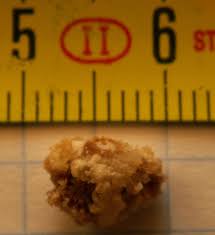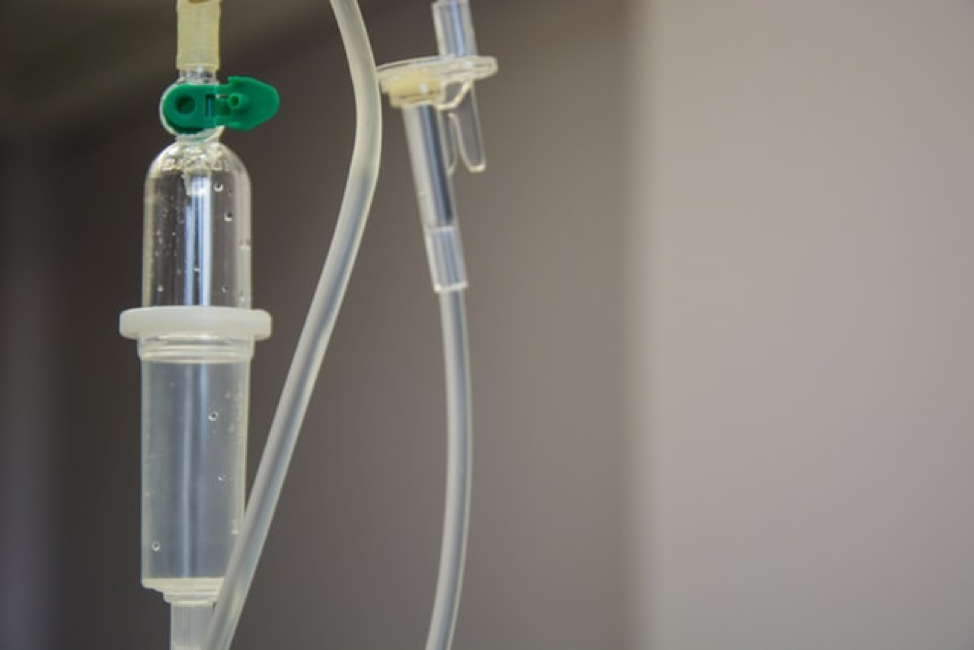 People who are living with Autosomal Dominant Polycystic Kidney Disease (ADPKD) will probably have kidney stone issues. The formation of kidney stones takes place when crystals of minerals and salts combine in your urine. You can also call them renal calculi or nephrolithiasis. The size of kidney stones can vary, it can be a small particle or a large stone created from many small ones.
People who are living with Autosomal Dominant Polycystic Kidney Disease (ADPKD) will probably have kidney stone issues. The formation of kidney stones takes place when crystals of minerals and salts combine in your urine. You can also call them renal calculi or nephrolithiasis. The size of kidney stones can vary, it can be a small particle or a large stone created from many small ones.
However, they can relocate themselves into the ureter and bladder. A ureter is one of the two tubes between the two kidneys leading to your bladder. Kidney stones are particularly common in patients who have ADPKD.
Approximately 3 out of 10 patients with this kidney disease have kidney stones once in their life. In the general population, almost one out of ten people get kidney stones in their lifetime. You can get kidney stones as your Autosomal Dominant Polycystic Kidney Disease (ADPKD) progresses.
The size and location of your kidney stone will decide the appropriate treatment for you. Small stones often pass through your urine and do not cause much discomfort. But larger stones possibly will cause blood in your urine, severe pain, or a blockage.
Due to that, it will be quite challenging and painful for you to pass urine. Also, you may require a procedure that involves the splitting of a large stone into small particles so that you can pass it, or you can have surgery to eliminate it.
In case your kidney tests show stones and their cause is particularly mineral or salt, you must consult your doctor so they can tell you to avoid certain foods. They may also prescribe you some medications or supplements to cure your urination problems.
Prevention of Kidney Stones
Passing a small kidney stone or its particle in urine is quite painful. The best way to avoid this pain is prevention. Follow the methods given below to prevent kidney stones from forming.
- Stay hydrated and drink 8 to 12 glasses of fluids per day – avoid carbonated drinks.
- Add fresh lemon juice with your water drinking routine.
- Avoid salt and cut it down to a healthy level.
- Consume an average amount of calcium (so, have a healthy diet but don’t use calcium supplements)
Causes of Kidney Stones
There is no single or definite cause of kidney stones, but many factors can increase your risk of having kidney stones. As discussed above, a kidney stone will form when your urine holds more crystal-forming substances; for example, uric acid, calcium, and uric oxalate acid.
In Autosomal Dominant Polycystic Kidney Disease (ADPKD) patients, the flow of urine through the kidney is relatively slow, which may increase the probability of the formation of kidney stones. We recommend you to avoid taking advice and suggestions from non-professional people around you. If you want to find out what lifestyle choices have caused you to have kidney stones, get in touch with us so we can guide you better.
Treatment of Kidney Stones
In some of you, the stone possibly will pass without any medical interference if its size is small. However, if the stone is larger than 0.5 mm, you must seek medical treatment.

(Source)
You can also utilize medications to boost the passage of stones all the way through the ureter. These medications contain calcium channel blockers alpha, corticosteroids, and adrenergic blockers.
You can use lithotripsy to break any kidney stone into tiny pieces so that it can easily pass through your urinary tract. Lithotripsy applies high energy pulses of ultrasonic energy and delivers shock waves through your skin with no incision. As for tiny stones, you only need one treatment. But for larger stones, you might need several treatments.
Some surgeries might require treating kidney stones when there is a complete blockage of the ureter or when there is an infection or intractable pain. In ureteroscopic surgery, your surgeon has to insert a camera inside the urethra to visualize the stone.
Once the surgeons have clear visualization, they can easily extract the stone. They put a stent inside the blocked ureter and break the stone with the help of laser or ultrasound shock waves. The choice of the procedure depends on the size, location, and composition of the stones.
Conclusion
Kidney stones can cause intolerably excruciating pains, and things can get even worse if you don’t contact a doctor as soon as possible. Doctors know number of surgical techniques to remove kidney stones.
If you seem to have symptoms of kidney stones or someone you love is suffering from a similar condition, contact us at 212-675-3186
FIFTH AVENUE UROLOGY
5 East 83rd Street
New York, NY 10028
——–
212-675-3186
